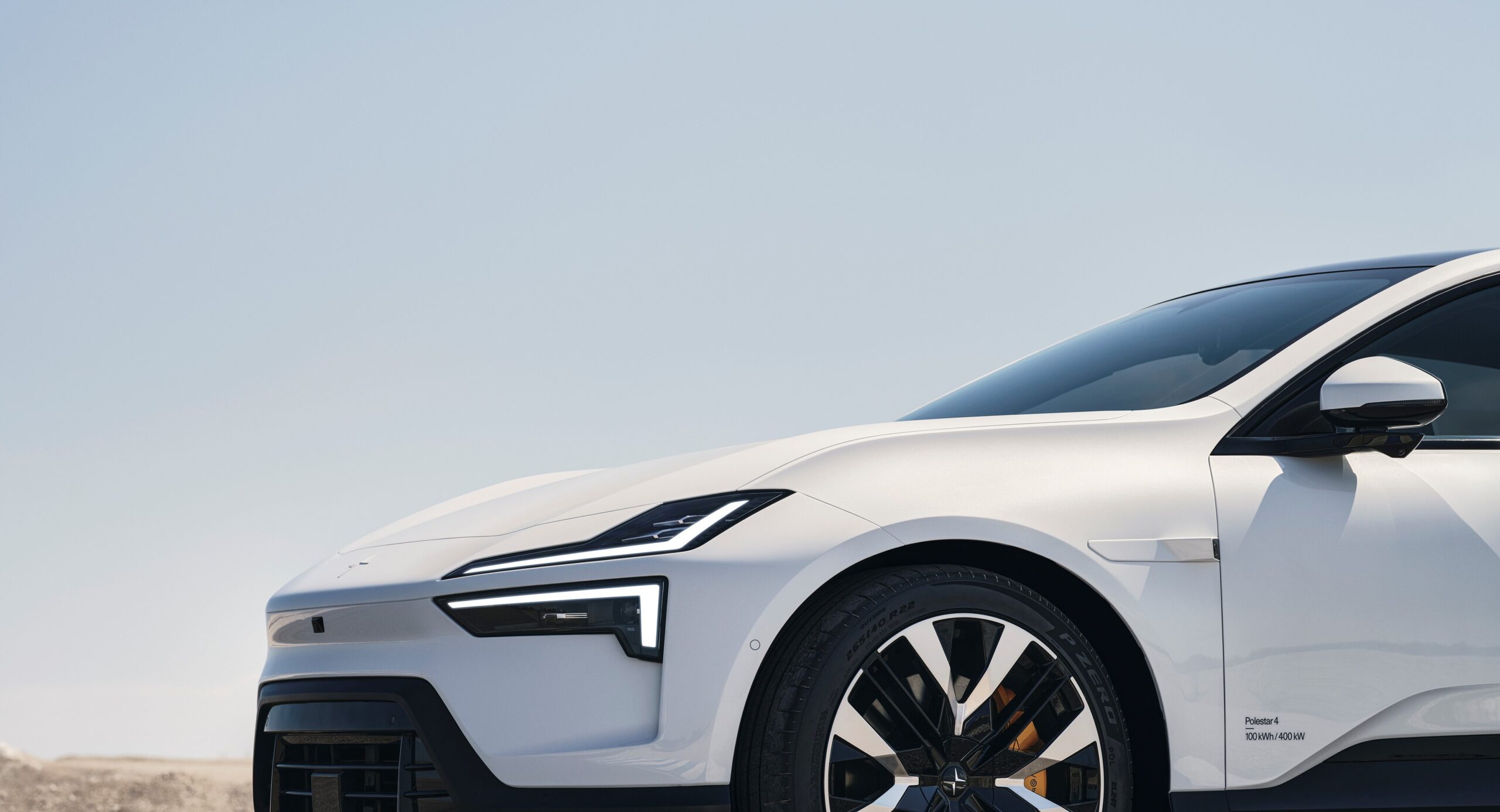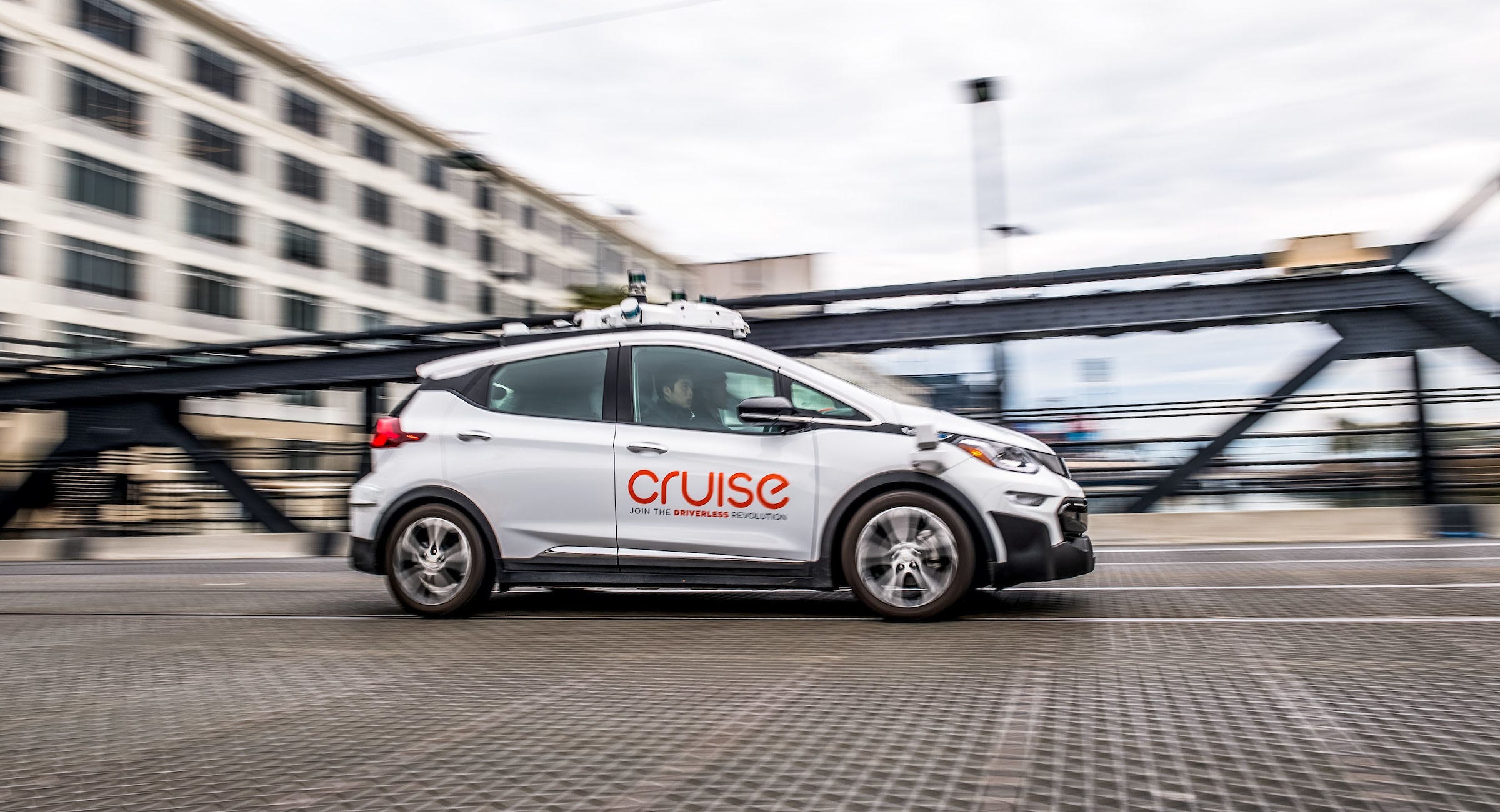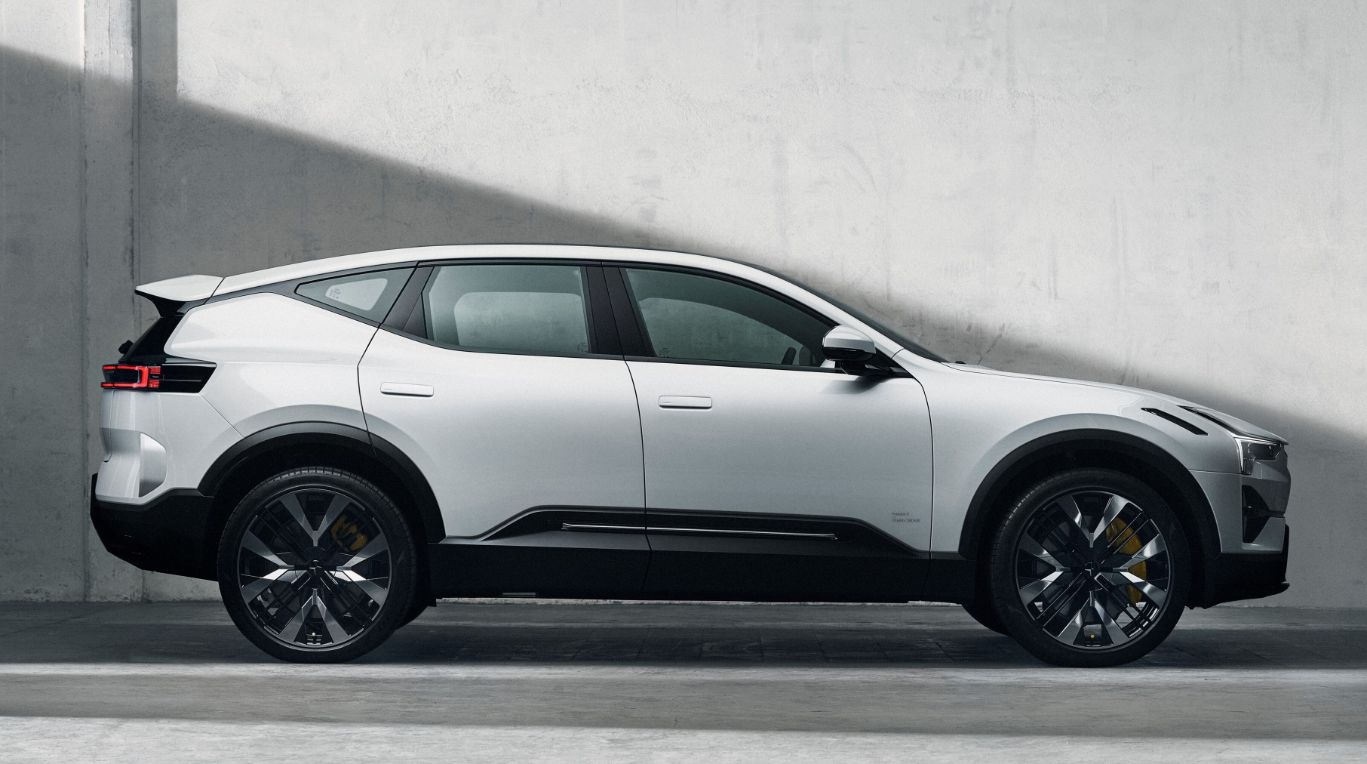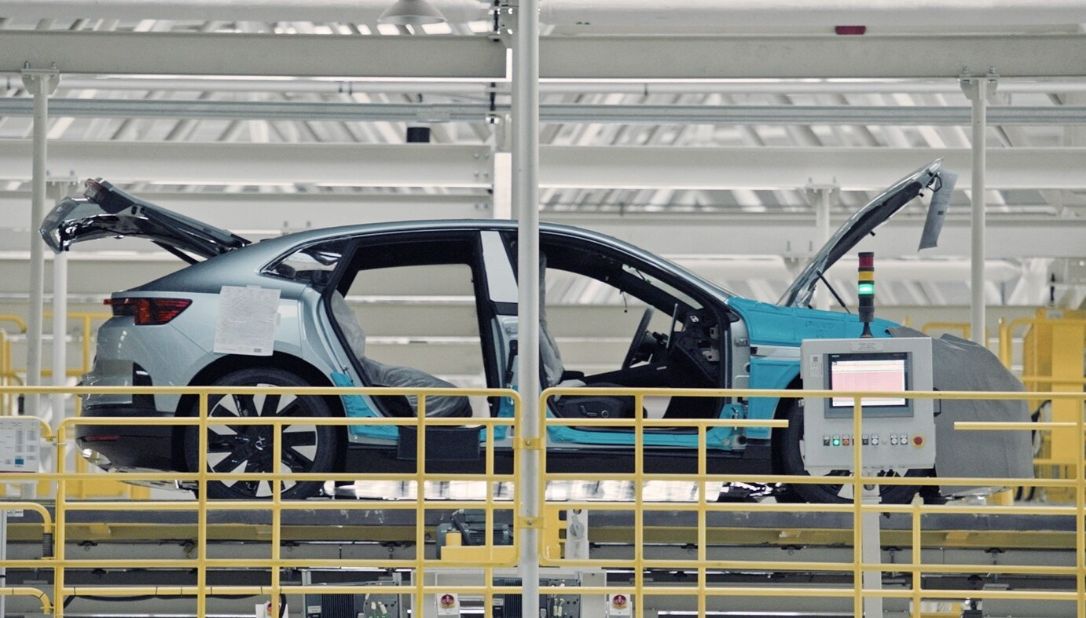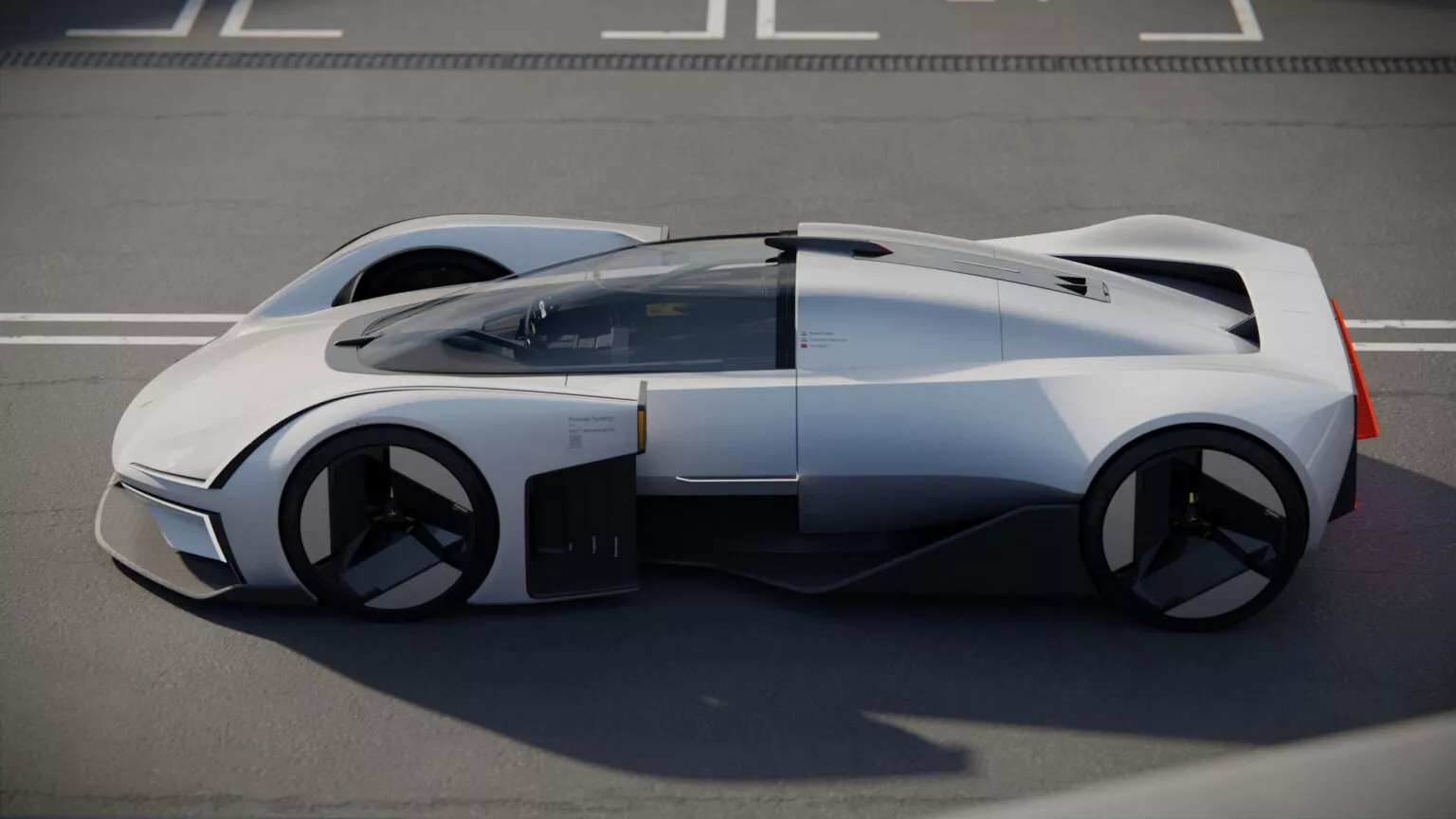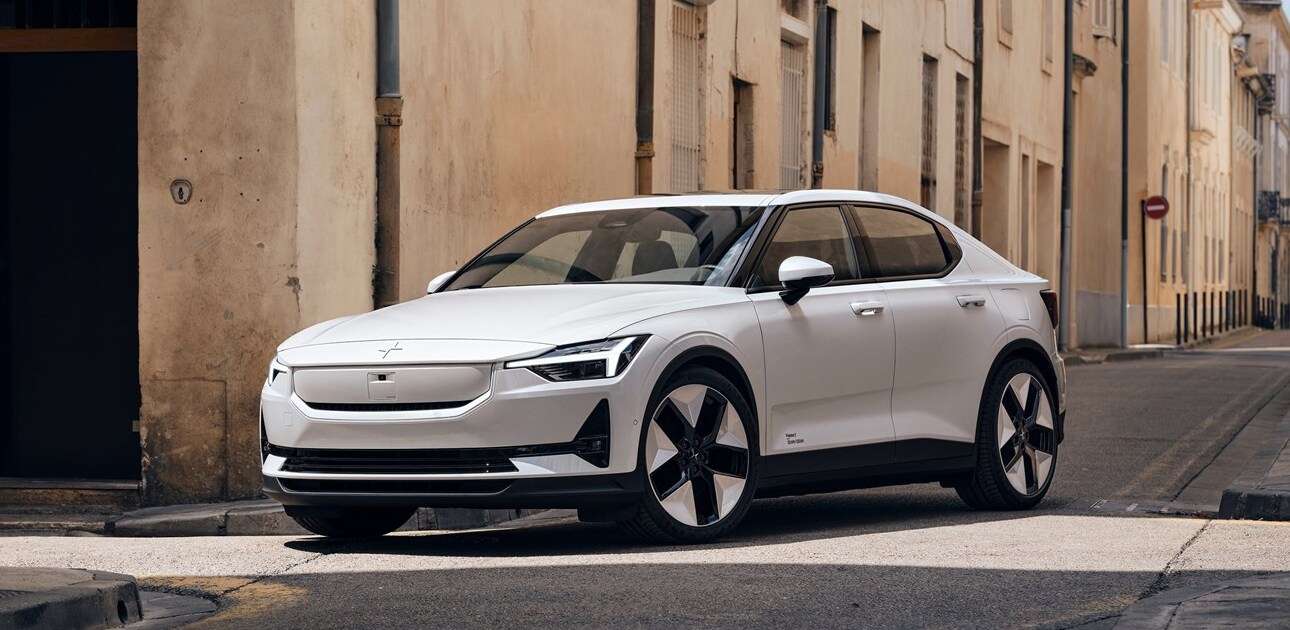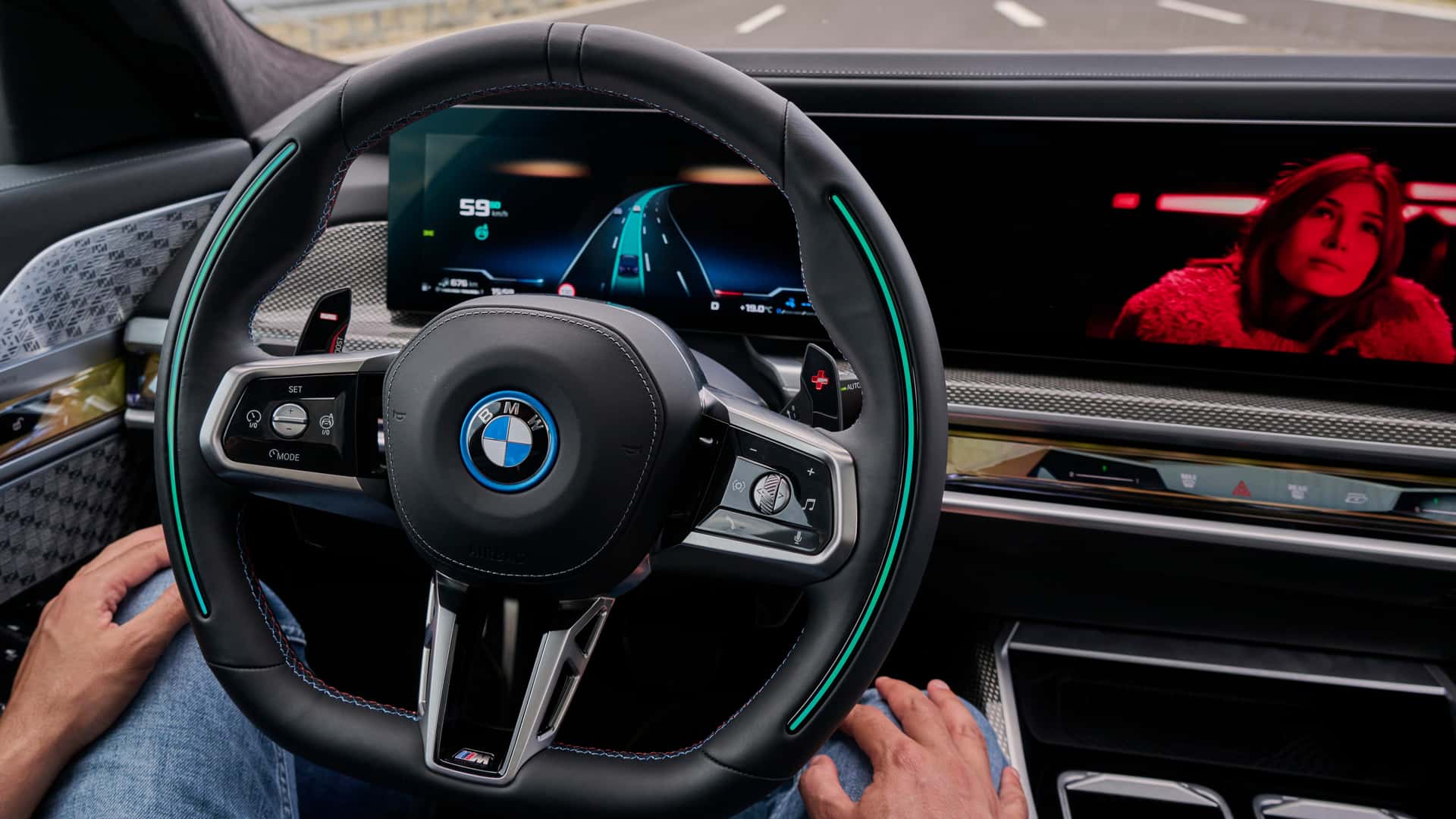Polestar has announced a collaborative effort with Luminar, a leading automotive technology company, and Mobileye, a global leader in autonomous driving solutions, to enhance the safety and autonomous driving capabilities of the forthcoming Polestar 4. This partnership involves integrating Luminar’s next-generation LiDAR technology with Mobileye’s Chauffeur platform.
The Polestar 4, slated to be the first production car featuring Mobileye Chauffeur, will now incorporate Luminar’s LiDAR technology, expanding upon the full-surround camera-based SuperVision platform available in the Polestar 4 from its launch. The joint efforts of these three companies aim to provide eyes-off, point-to-point autonomous driving on highways and eyes-on automated driving in other environments.
The Polestar 4 is expected to be equipped with three Mobileye EyeQ6 processors, a front-facing LiDAR from Luminar, and Mobileye’s front-facing imaging radar. This combination is designed to offer an additional layer of sensing and artificial intelligence, enabling hands-off driving.
LiDAR, which utilizes lasers to create detailed 3D maps of the surrounding environment, is a key component of this collaboration. Luminar’s LiDAR is uniquely engineered, providing a high level of performance and safety capabilities for production cars due to its chip-level design and higher wavelength. When integrated with Mobileye’s Chauffeur platform, the result is anticipated to be a turnkey, safe, and high-performing automated system.
The integration of Luminar LiDAR into Polestar 4 expands the existing partnership between Luminar and Mobileye, initially announced in January 2023. Polestar CEO Thomas Ingenlath expressed optimism about the collaboration, stating, “Being able to add Luminar’s industry-leading LiDAR to the platform’s development increases the strong link between our companies and brings even more world-class technology to Polestar 4.”
Prof. Amnon Shashua, CEO of Mobileye, highlighted the significance of combining the base SuperVision with an independent redundant perception system, stating that it enables true redundancy and a level of accuracy that lays the foundation for fully autonomous driving.
Austin Russell, founder and CEO of Luminar, expressed enthusiasm about transitioning from research and development to a production vehicle with Polestar, stating, “Together, we look forward to contributing to the industry’s advancements for a safe and autonomous future.”

